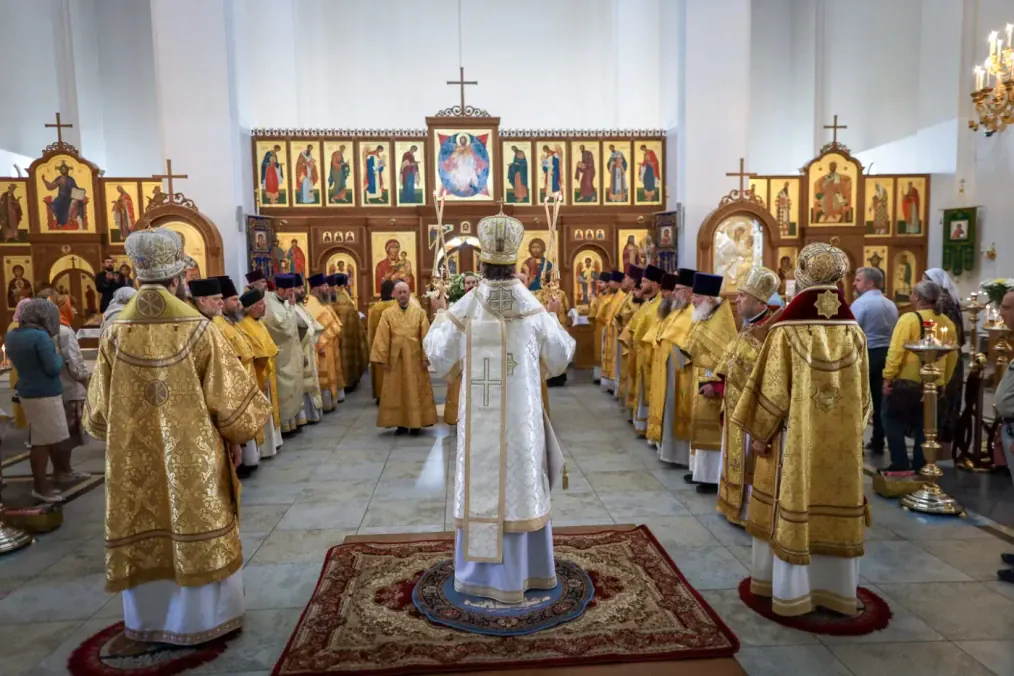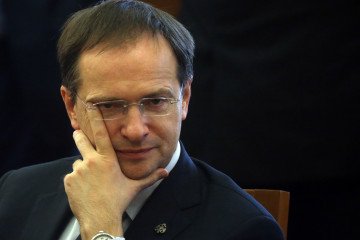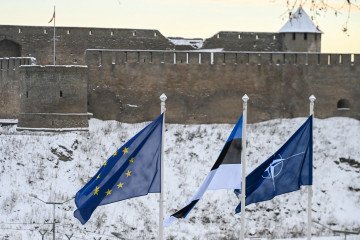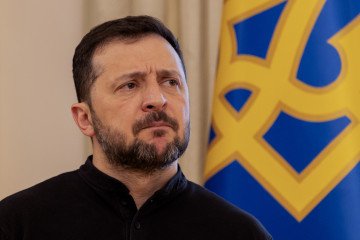Estonia has formally cut all ties with the Russian Orthodox Church, marking a shift in the religious landscape of the country. The newly adopted charter of the Estonian Orthodox Church (EOC) solidifies its independence across a wide range of ecclesiastical matters.
On August 20, 2024, the second session of the Council of the Estonian Orthodox Church of the Moscow Patriarchate took place, chaired by Metropolitan Evgeny of Tallinn and All Estonia. The session’s primary goal was to finalize steps toward achieving greater administrative independence for the Church, reflecting agreements reached during negotiations with the Estonian government.
The updated charter explicitly declares the EOC’s autonomy in “ecclesiastical-administrative, ecclesiastical-economic, ecclesiastical-educational, and ecclesiastical-civil matters.” Notably, all references to the Moscow Patriarchate have been removed from this revised charter, signaling a complete break from Russian ecclesiastical authority.
During the session, the Council approved the new charter, which not only enshrines the Church’s independence but also officially changes its name to the “Estonian Orthodox Church,” a title granted by the Tomos of His Holiness Patriarch Alexy II.
The Council also endorsed the Synod’s efforts in the negotiation process with the state and expressed optimism that Orthodox Christians in Estonia will find ways to bridge the existing divide through respect for church traditions, mutual understanding, and a commitment to unity.
Furthermore, the Council reaffirmed its commitment to resolving the ongoing issues, directing the Synod to determine a suitable time for the next Council session.
The significance of this decision was underscored by the timing of the session, coinciding with the 33rd anniversary of Estonia’s restoration of independence. In its closing remarks, the Council emphasized the importance of this day, offering prayers for the prosperity of Estonia as a sovereign nation, and for the preservation of its culture, traditions, and freedom.
The interests and influence of the Russian Orthodox Church have historically extended far beyond purely religious activities, acting as a soft power tool for the Russian state. This global influence has manifested in various ways, including political espionage, not only in Europe but also in the US and Asia.
Earlier, on August 20, the Ukrainian Parliament passed the law, that stipulates a ban on the activities of foreign religious organizations affiliated with countries recognized as having committed or being involved in armed aggression against Ukraine and/or temporarily occupied parts of its territory.
-ba02b3bc86f0b624f99115809a6a34d0.jpg)


-c439b7bd9030ecf9d5a4287dc361ba31.jpg)

-111f0e5095e02c02446ffed57bfb0ab1.jpeg)

